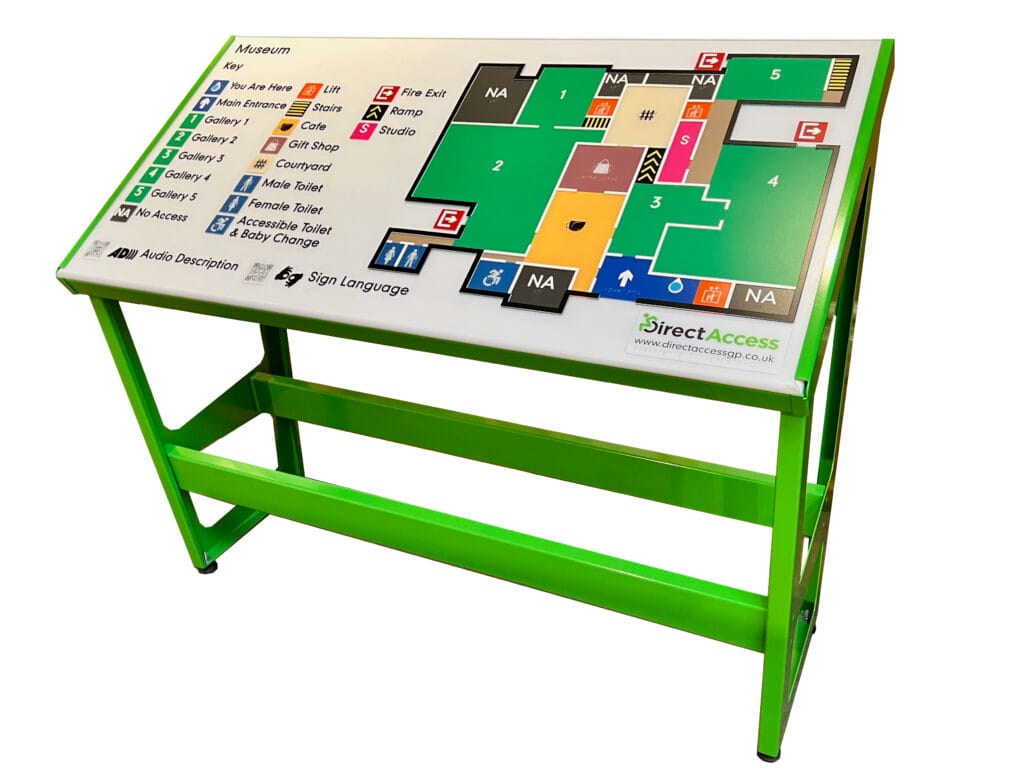Assistive Technology venture announced by Policy Connect
A new joint venture between a thinktank, a university, and a charity could help ensure that future public policies on assistive technology are able to transform the lives of disabled and older people.
The Assistive and Accessible Technology (ATech) Policy Lab is a new program created to join professionals and researchers together to test new public policy ideas and work together on technology-based research projects with the aim of integrating accessible technologies into the mainstream of society.
The project was announced by the thinktank Policy Connect, supported by Bournemouth University – which has a department that specialises in research on ATech – and Ace Centre, a charity that provides ATech assessment, training, and information services across England.
This new project has been set out with the goal of making the UK the most accessible place in the world to live and work with technology.
Robert McLaren, director of the new ATech Policy Lab and himself a user of ATech, as he has dyslexia, told the launch: “We know that if we get technology right, it can be life-changing for disabled people, and it can bring the benefits of accessibility to everyone.
“This lab is going to bring together disabled people and sector leaders, to incubate new ideas, strengthen and stress-test proposals, and generate evidence and insight that can really bring policymakers to action.”
Disabled academic and Professor at the University of Dundee, Annalu Waller, commented on the importance of inclusive design at the launch, highlighting inclusive design, and training in accessibility and ATech into all professions. The key philosophy is to develop accessible products that can be utilised and accommodated by the full “diversity of humans”.
Gary Bourlet, a leading member of the self-advocacy movement, said it was crucial that information about the ATech Policy Lab and ATech issues was available in easy read for people with learning difficulties so they might understand it.
He also warned that there were many people with learning difficulties who could not afford computers, and he suggested the government replicate schemes in Spain and Belgium that have given free computers and technology to disabled people.
On the one hand, Direct Access welcomes this news, as the integration of accessibility into the mainstream of life has long been a priority for us, as well as the fundamental goal of our company. However, we reserve a healthy amount of skepticism in as much as we acknowledge that the high court recently found the National Disability Strategy to be unlawful, due to its failure to consult meaningfully with disabled people.
We believe, as many of the disability-focused organisations do, that this truly shows a degree of contempt on the part of the government for the opinions of those this legislation was designed for. Furthermore, as an organisation with a diverse team of disabled team members, Direct Access, as a collective, support the high court’s decision.
At the time, Inclusion London called the National Disability Strategy, “a cynical repackaging of current policies and current budgets”, due to its failure to publish any firm stances on increasing benefit levels, supporting inclusive education, combating the disability employment gap, increasing accessible housing, and reforming social care, all of which we have commented on previously on our blog.
Direct Access does, however, support the goal of ATech, and we hope that the research lab will manifest accessible technologies that disabled people may claim as a basic human right.
Direct Access is a provider of Easy Read solutions. In addition, we work in collaboration with our accessible media subdivision to provide organisations with accessibility guidance and content for the benefit of neurodiverse people.
Last year, we released our latest flagship product: an innovative Tactile Map Board that supports people with cognitive disabilities and sensory disabilities to navigate public spaces with ease. If you are interested in learning more about accessible formats or how this technology works, feel free to contact our team or view our accessible products page.


United Kingdom
| Pepper House, Market Street, Nantwich, Cheshire, CW5 5DQ. |
Ireland
| 77 Camden Street Lower, Dublin, D02 XE80. |
Explore our free guides on accessibility and inclusion, crafted by our experts. Click Here.